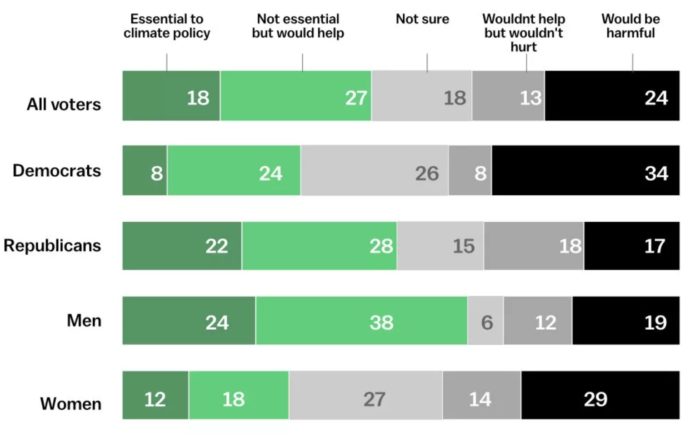Sep 09 2019
Born That Way
 If someone is a bad person based on their behavior, are they more likely to have been born that way, or the result of environmental factors? Does it matter to how you would treat them, or how they should ethically be treated? If someone is a very good person, is their behavior the result of nature vs nurture? The actual answer to this age-old nature vs nurture debate is – it’s complicated. Both factors play a role in a complex interaction that differs for different people. It’s likely that true psychopaths were born that way, lacking an empathy circuit that most typical people possess in their brains. But of course there are also cultural norms that have a profound effect on our behavior.
If someone is a bad person based on their behavior, are they more likely to have been born that way, or the result of environmental factors? Does it matter to how you would treat them, or how they should ethically be treated? If someone is a very good person, is their behavior the result of nature vs nurture? The actual answer to this age-old nature vs nurture debate is – it’s complicated. Both factors play a role in a complex interaction that differs for different people. It’s likely that true psychopaths were born that way, lacking an empathy circuit that most typical people possess in their brains. But of course there are also cultural norms that have a profound effect on our behavior.
Psychologists have been asking a slightly different question – not what the answer objectively is, but what do people assume that it is, and how does that affect their behavior toward other people. The assumption or belief that behavior is due primarily to instrinsic factors is called essentialism. A recent study looked at both children and adults and how they thought about characters with both morally good and morally bad behavior. Prior research suggests that in general we tend to attribute other people’s behavior to essential factors. People don’t just do good vs bad things, they are good vs bad.
This is part of what psychologists call the fundamental attribution error. We tend to attribute our own behavior to external factors and other people’s behavior to internal factors. I am the victim of circumstances beyond my control, but that other person (perhaps acting in an identical way) is just a bad person.
The new study adds some further nuance to this effect. They found that study participants (both children and adults) were more likely to attribute good moral behavior to essentialist causes than bad moral behavior. So if someone does good things, it’s because they are a good person. If they do bad things, it’s because of their bad environment. This is an interesting result, and suggest several questions to me. First, how universal is this? Is that result itself a product of learned behavior, a product of our time and culture? Would the result have been different in the 1950s in the US, and would it be different in other countries? I would also be interested in seeing how the results differ based on ideology.

 Democracy, in a very real sense, is math. The point is to aggregate decision-making in order to arrive at the fairest outcome for the greatest number of people. Andrea Jones-Rooy, who spoke at NECSS this year, gave a great lecture about this. Here is
Democracy, in a very real sense, is math. The point is to aggregate decision-making in order to arrive at the fairest outcome for the greatest number of people. Andrea Jones-Rooy, who spoke at NECSS this year, gave a great lecture about this. Here is  If you have never been to the highlands of Scotland, add it to your list of places you should visit. It is incredibly beautiful. When I was there last year we visited Loch Lomond of lyrical fame, and also the largest lake in Great Britain. We were given the option of instead visiting Loch Ness, and we had to explain to our guide that she had a bus full of skeptics. She was relieved because she thought Lomond was the better destination, but of course most tourists want to see the more famous Loch.
If you have never been to the highlands of Scotland, add it to your list of places you should visit. It is incredibly beautiful. When I was there last year we visited Loch Lomond of lyrical fame, and also the largest lake in Great Britain. We were given the option of instead visiting Loch Ness, and we had to explain to our guide that she had a bus full of skeptics. She was relieved because she thought Lomond was the better destination, but of course most tourists want to see the more famous Loch. Our president is a global warming denier, is anti-vaccine, and is a conspiracy theorist. Regardless of where you are on the political spectrum, being anti-science is never a good thing. When those in positions of power are ignorant of science and hostile to the institutions of science and the methods that those institutions espouse, that is a recipe for disaster.
Our president is a global warming denier, is anti-vaccine, and is a conspiracy theorist. Regardless of where you are on the political spectrum, being anti-science is never a good thing. When those in positions of power are ignorant of science and hostile to the institutions of science and the methods that those institutions espouse, that is a recipe for disaster.




